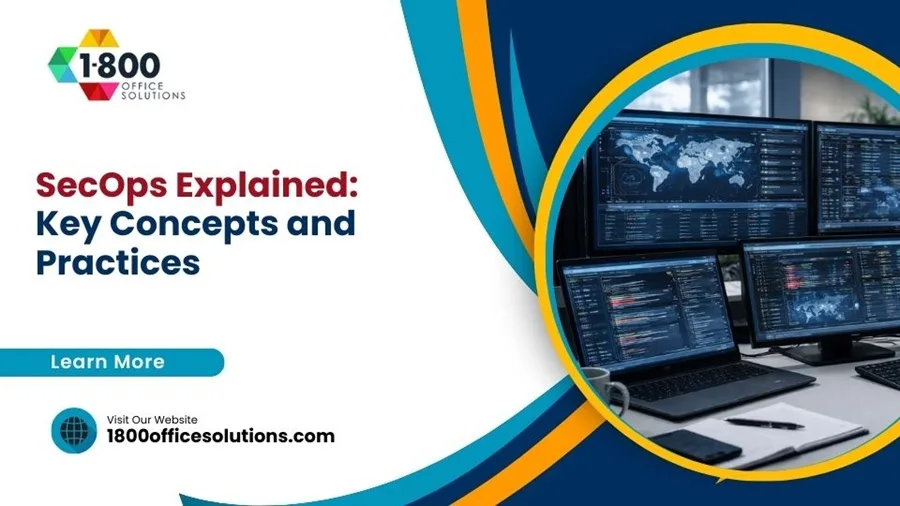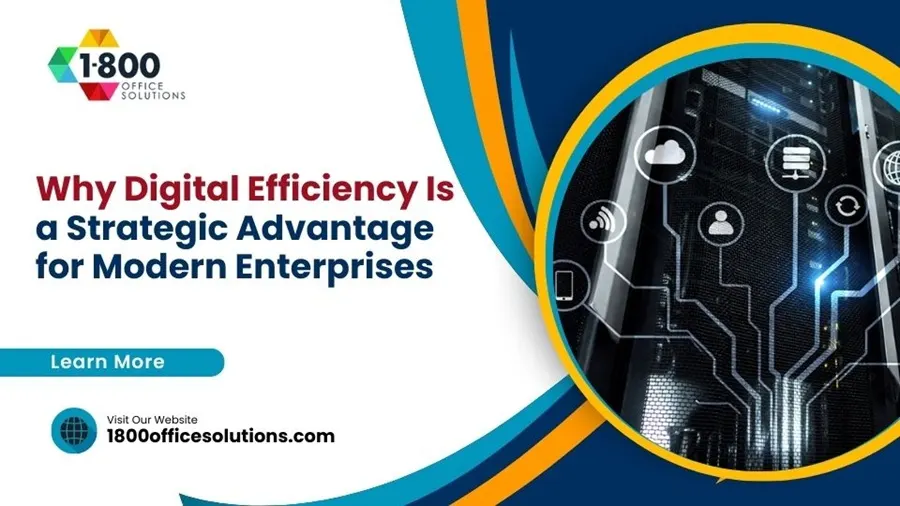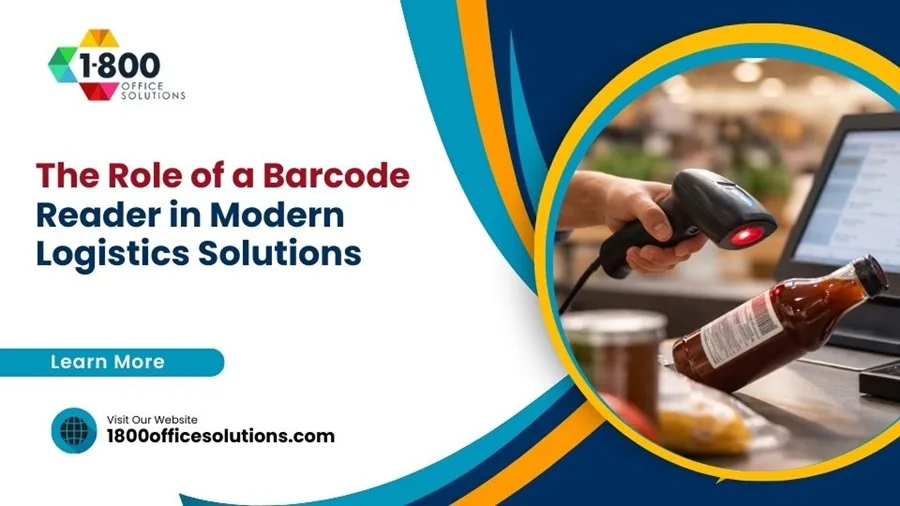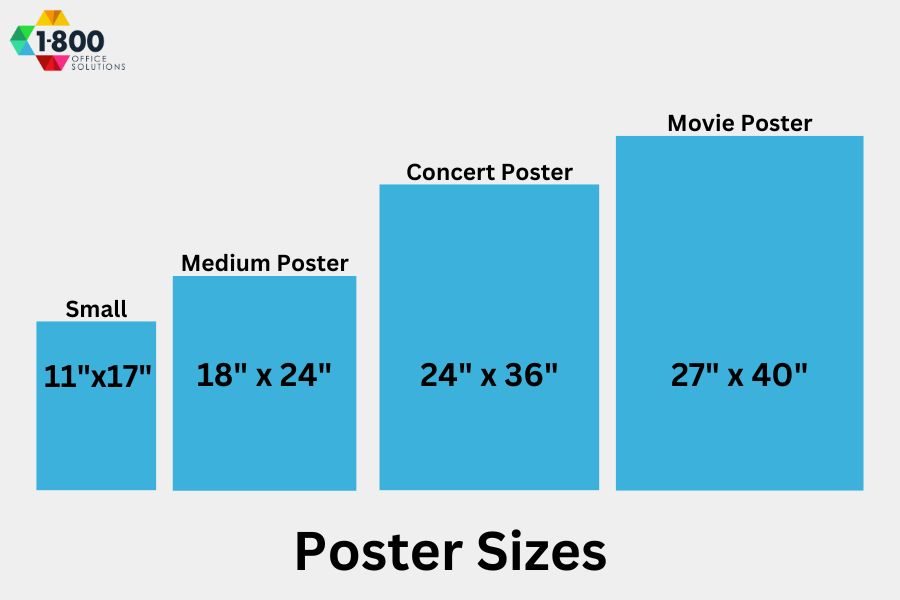What Are Available Leasing Options for Office Equipment?
Leasing Options for Office Equipment
Understanding the Benefits of Office Equipment Leasing
Leasing office equipment offers numerous advantages for businesses. One of the main benefits is cost savings. Instead of purchasing expensive equipment outright, an equipment lease allows businesses to spread out the cost over a lease term. This makes office equipment more affordable, particularly for small and medium-sized enterprises, while freeing up capital for other essential business expenses.
Another advantage of office equipment leasing is access to the latest technology. As technology continually evolves, leasing enables companies to stay updated with the newest equipment without the need for frequent purchases. This ensures businesses operate with modern, efficient tools, enhancing productivity and competitiveness.
Leasing also provides flexibility. As business needs change, so do equipment requirements. Leasing allows companies to easily upgrade or add equipment without the hassle of selling or disposing of outdated items. This flexibility is especially beneficial for businesses experiencing rapid growth or seasonal demand fluctuations.
Additionally, office equipment leasing offers tax advantages. Lease payments are typically considered operating expenses and can be deducted from taxable income. This results in significant tax savings, making equipment financing a smart choice for many companies.













